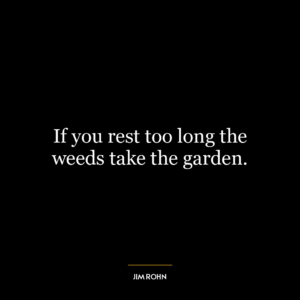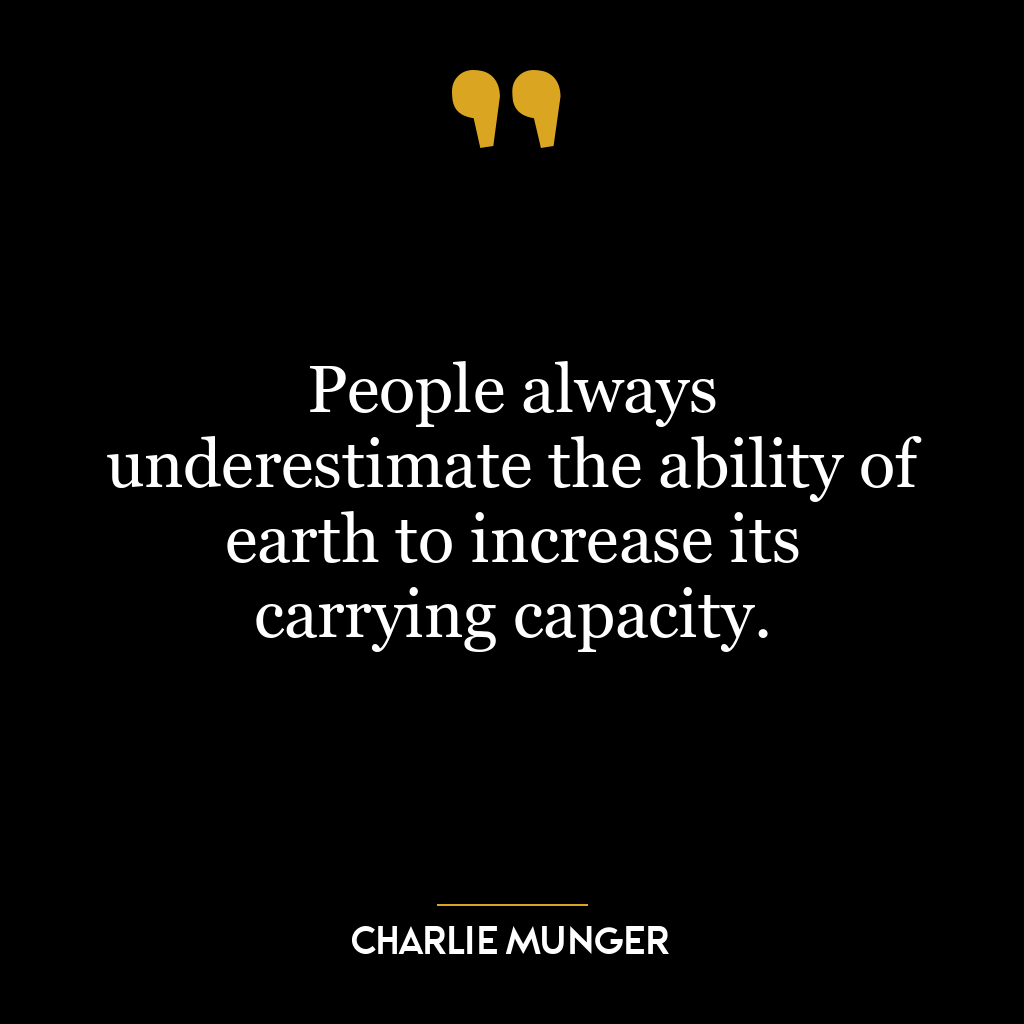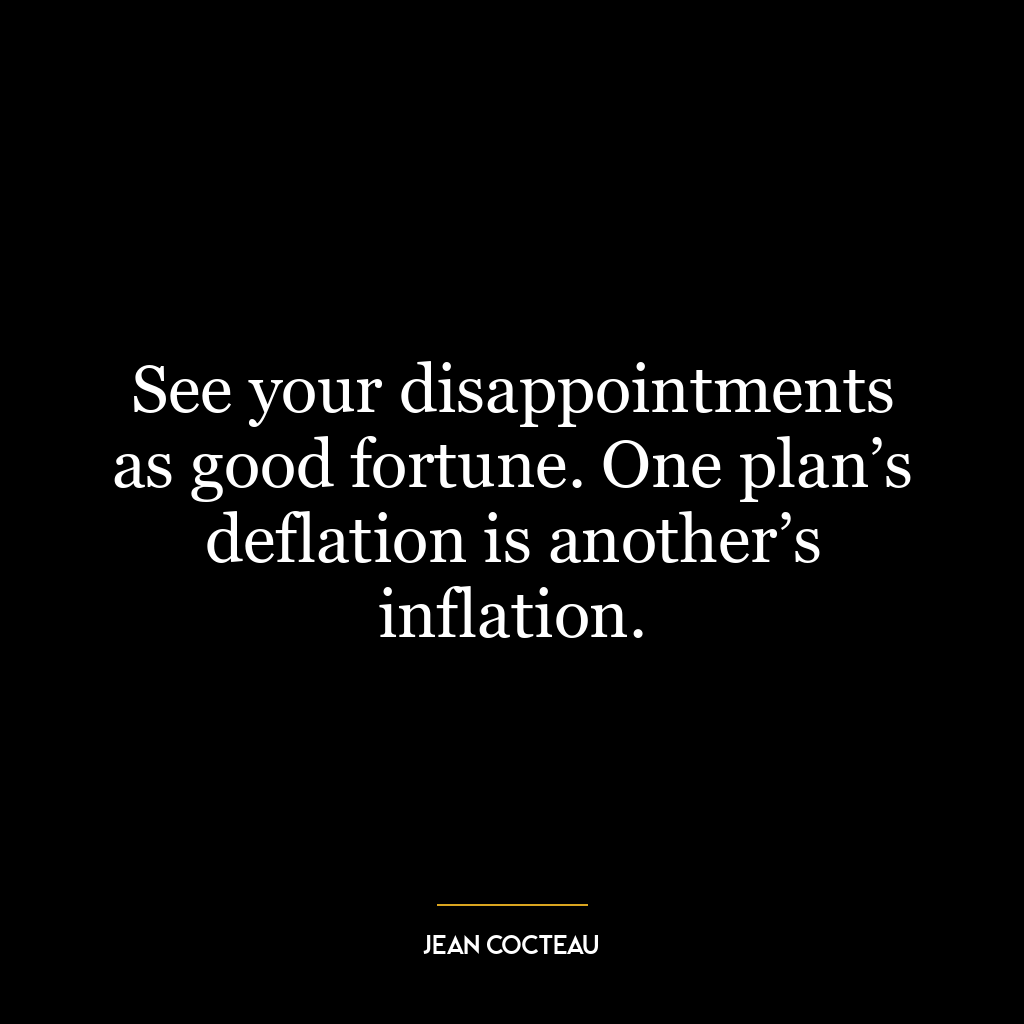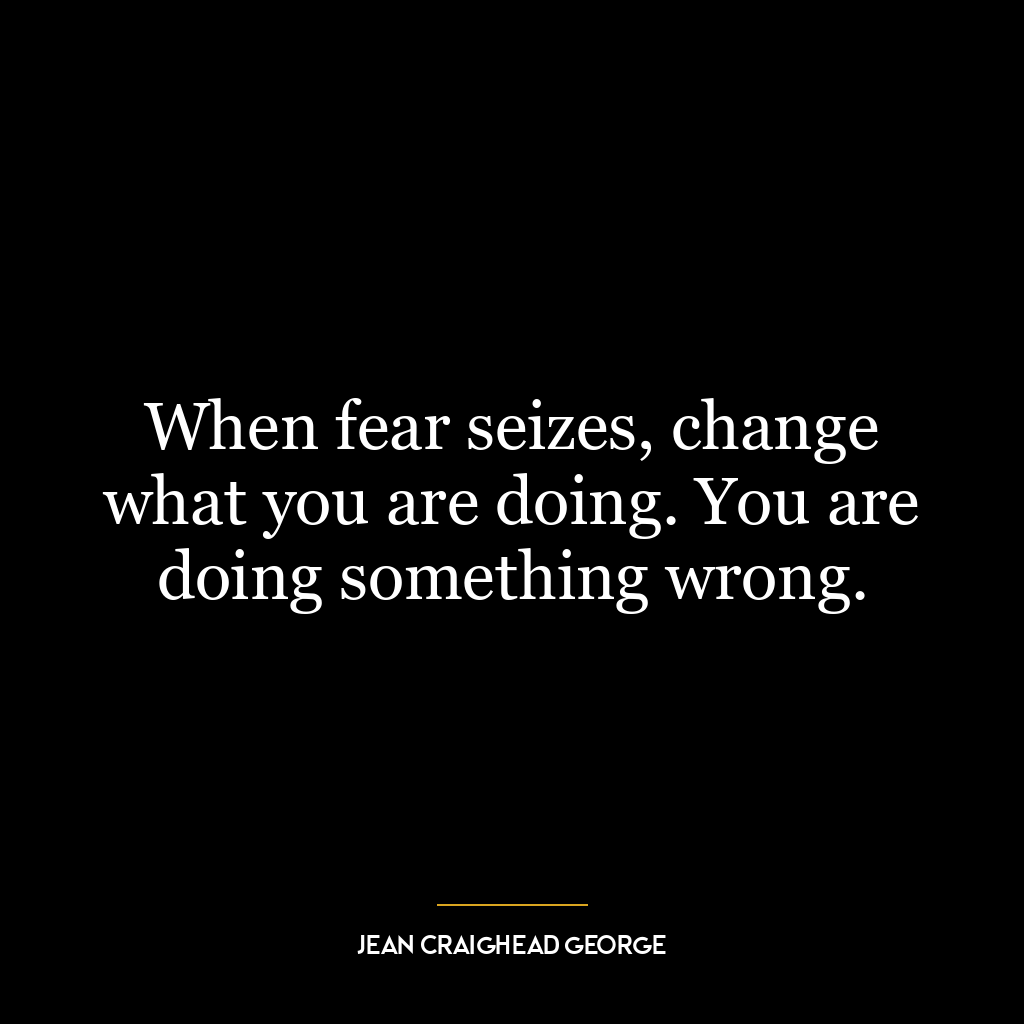This quote is about the power of personal reaction and response. It suggests that life is not so much about the events that occur, but rather about how we handle these events. In other words, it’s not the circumstances that define us, but our actions in response to those circumstances.
The quote emphasizes the importance of action and reaction. It implies that what truly matters is not what happens to us, but how we respond to it. We may not have control over the events that happen in our lives, but we do have control over how we react to them. The true measure of our character, then, is not determined by our experiences, but by our actions in response to those experiences.
This principle can be applied in many aspects of today’s world. In a professional setting, for example, it’s not the challenges we face that define our career, but how we overcome them. If we make a mistake, it’s not the mistake that matters most, but how we learn and grow from it. This idea encourages resilience and adaptability, traits that are highly valued in today’s fast-paced, ever-changing world.
In terms of personal development, this quote suggests that growth and progress come from our reactions to life’s challenges. When we face adversity, we have a choice: we can let it defeat us, or we can use it as a stepping stone towards personal growth. By choosing the latter, we turn negative experiences into opportunities for learning and development.
In a broader societal context, this quote encourages us to take action in response to the issues we care about. It’s not enough to simply acknowledge problems; we must also do something about them. This could mean advocating for change, volunteering our time, or contributing our resources.
In essence, this quote is a call to action. It reminds us that we are not passive recipients of life’s events, but active participants who have the power to shape our own lives and the world around us through our actions and reactions.















